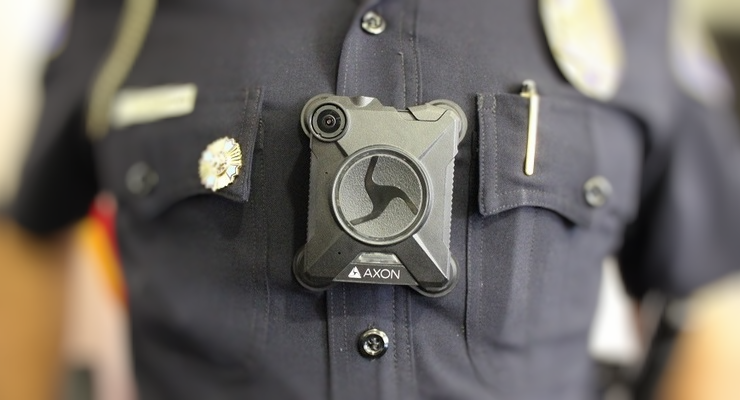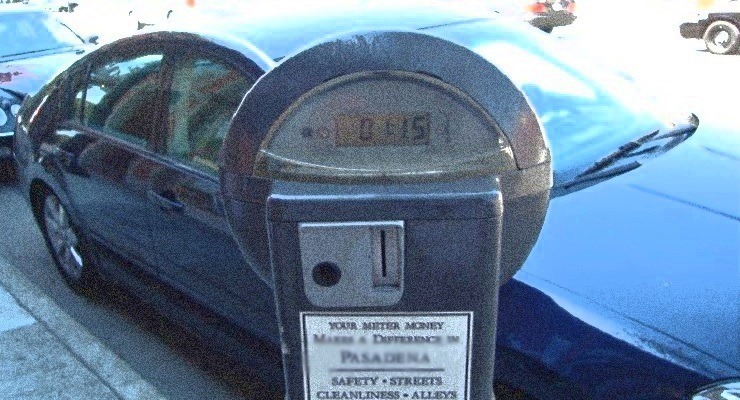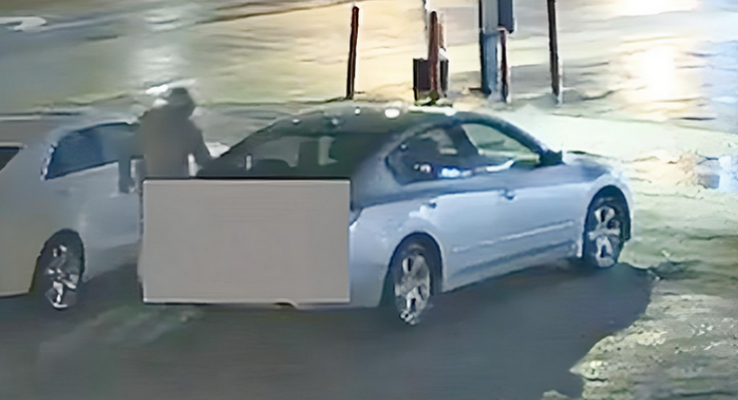A panel of scientific, medical, historic preservation and political professionals recited a litany of potential health and safety dangers which could arise from plans to build any 710 Freeway extension at a public forum organized by Pasadena Councilmember Steve Madison Tuesday night.
The forum was attended by an estimated 350 Pasadena area residents and city officials in a ballroom at the Pasadena Convention Center. It seemed clear from applause that opinion against the project remains strong.
State Assemblymember Anthony Portantino described the project in two words. “It stinks,†he said.
Portantino told the crowd, “It’s about our children. Our children’s lungs are going to be hurt. The kids at schools will be at polluted areas. The hospital is going to be a sensitive receptor near the mouth of it [the proposed tunnel]. It doesn’t solve transportation problem. There are concrete reasons why this project stinks!â€
He continued, “We have to stop this project. This is going to devastate Los Angeles, La Crescenta, Pasadena as well as the San Gabriel Valley. This is a bad project on its own merits.â€
Portantino called on the public to write Caltrans and METRO officials, even Governor Brown, and “let them hear your voices: Don’t build the tunnel!â€
One of the speakers, Rob McConnell, MD, and Professor of Preventative Medicine at Keck School of Medicine, University of Southern California, echoed the concern of Portantino about health hazards of the 710 Freeway which he said is considered by many industry experts as the dirtiest freeway in the country.
According to a study cited by McConnell, the 710 Freeway generates at least 155,000 air borne particles per cubic centimeter, far above the accepted standards. He said there is a possible health impact on schools and homes near the freeway, and most significantly, upon nearby Huntington Memorial Hospital.
Panelists assembled by forum co-chairs Claire Bogaard and Takako Suzuki included McConnell, who is a Professor of Preventative Medicine, Keck School of Medicine, USC, as well as Kenneth Hudnut, Ph.D., a researcher in Earthquakes and GPS L1C Signal Design and a Visiting Associate in Geophysics on the faculty of Caltech; Stephen Klein, a geotechnical engineer and Jacobs Associates Vice President and principal-in-charge for the SR710 Study in Los Angeles;  Sue Mossman, Executive Director, Pasadena Heritage; Glendale City Councilmember Ara Najarian, who is a METRO Board Member; and John Seinfeld, Ph.D., an Atmospheric Researcher and the Louis E. Nohl Professor of Chemical Engineering at Caltech.
Najarian shared insights on the project which he described as “shocking.†He questioned the capability of California to afford the building of a tunnel whose costs could rise dramatically from the currently estimated $2.8 billion.
To finance the construction of the tunnel, Najarian said that the 710 Freeway would be constructed through a “public-private partnership†scheme involving, at this point, a Spanish company. He said he believes that in order to recoup costs, the foreign investors could charge a toll of as much as $20 to pass through the tunnel.
“It is supposed to be a freeway, why are we going to pay for it?†he asked.
Najarian dismissed the 710 Freeway as an outdated concept. Instead, he proposed a light rail system.
“This is a waste of money just so somebody will have a legacy,†Najarian added.
Sue Mossman, Executive Director at Pasadena Heritage and who has worked for the preservation of the Pasadena City Hall, Civic Center, former YWCA and National Historic Landmarks for the Rose Bowl and participated in historic designation for over 200 buildings, said that Pasadena Heritage has been opposed to the 710 freeway extension in any form since its foundation 35 years ago.
“This is the worst transportation proposal in terms of historical preservation because of the potential high impact on important structures. It has high impact on the communities and historic resources,†Mossman said.
Councilmember Madison, serving as moderator, noted the irony of holding a meeting in a state-of-the-art environmentally sound and Leed certified Convention Center to discuss what amounts to a very environmentally unsound project.
The only speaker who spoke positively about the project was Stephen Klein, a professional geotechnical engineer, and vice president at Jacobs Associates, the principal in charge for the SR710 study in Los Angeles.
He claimed that there are some positive effects of the 710 Freeway project as it would cut down travel time thus allowing motorists to get home earlier and spend more time with their families.
Panelists assembled by forum co-chairs Claire Bogaard and Takako Suzuki were Kenneth Hudnut, Ph.D., a researcher in Earthquakes and GPS L1C Signal Design and a Visiting Associate in Geophysics on the faculty of Caltech; Stephen Klein, a geotechnical engineer and Jacobs Associates Vice President and principal-in-charge for the SR710 Study in Los Angeles; Rob McConnell, MD, a Professor of Preventative Medicine, Keck School of Medicine, USC; Sue Mossman, Executive Director, Pasadena Heritage; Glendale City Councilmember Ara Najarian, who is a METRO Board Member; and John Seinfeld, Ph.D., an Atmospheric Researcher and the Louis E. Nohl Professor of Chemical Engineering at Caltech.














 0 comments
0 comments


